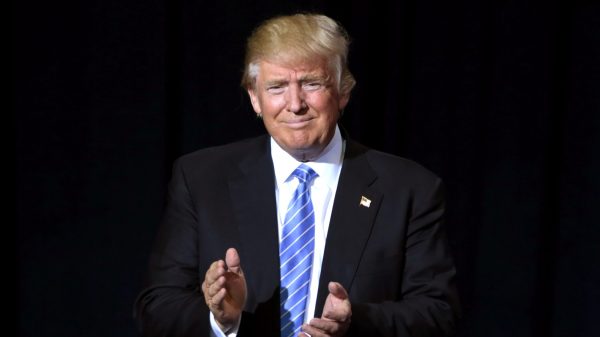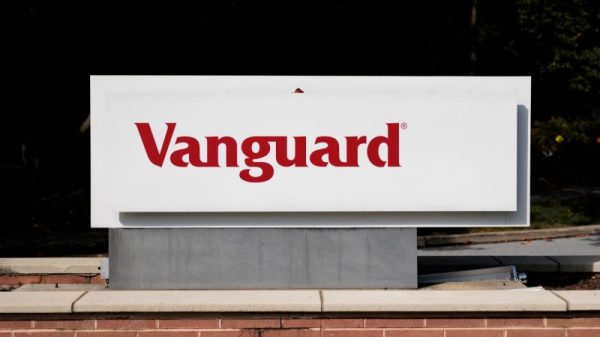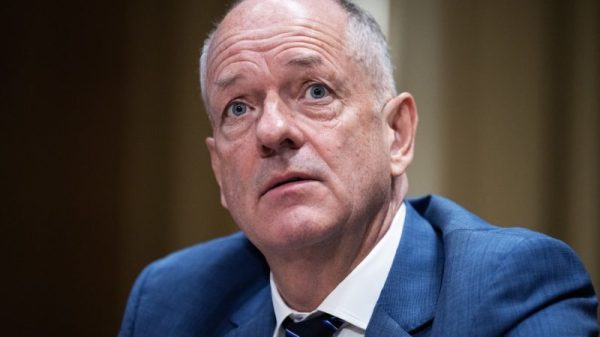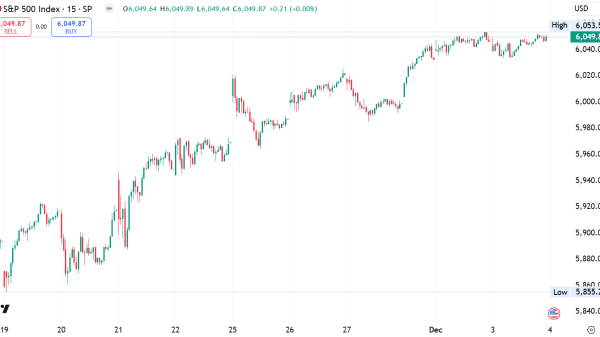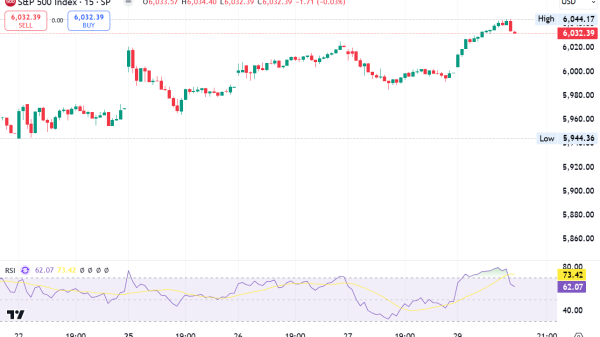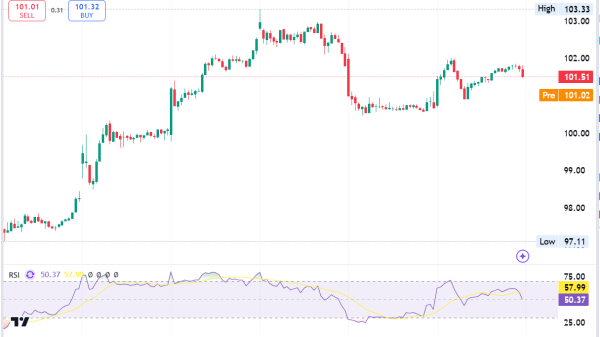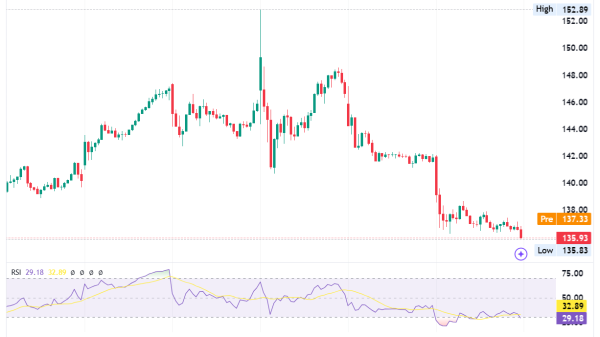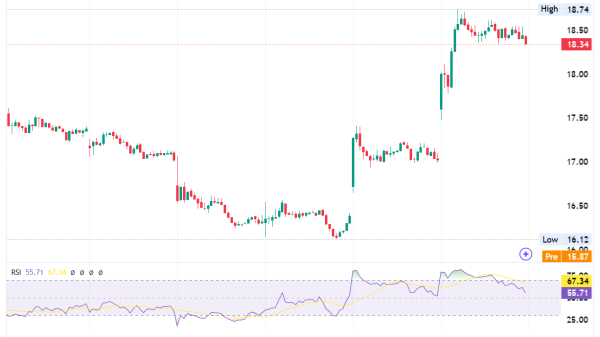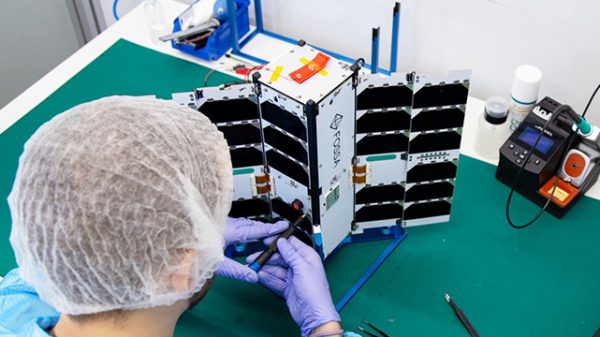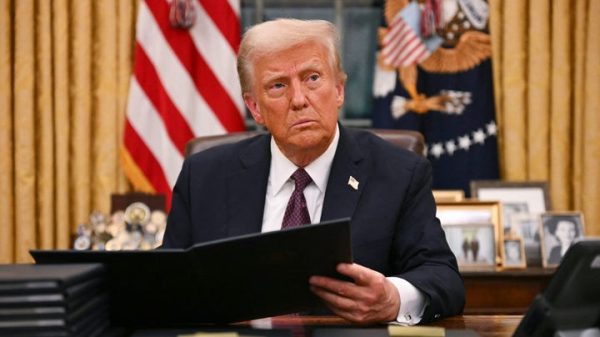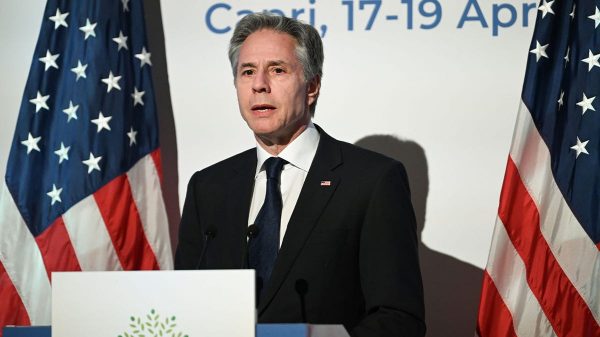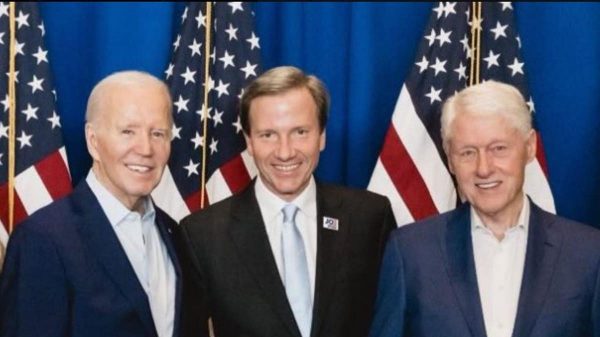North Carolina Republicans say they are closing in on a state budget deal, with top House and Senate leaders acknowledging on Monday an income tax agreement has been reached that would lower rates on individuals more deeply than current law directs.
House Speaker Tim Moore and Senate leader Phil Berger said that tax changes and many other differences have been worked out after fruitful negotiations late last week.
‘Legislative leaders have made significant progress on the state budget,’ Berger said in a tweet. Raises for state employees and teachers also had been agreed upon, they said.
While other points of dispute remain, Moore and Berger expressed hope that chamber votes on a final two-year spending plan that was supposed to start July 1 can occur by mid-August. A budget’s enactment usually also signals completion of the legislature’s chief annual work session.
Taxes and salaries historically ‘are the kinds of things that have kept general assemblies here late,’ Moore told reporters Monday. ‘So the fact that some of those tougher issues have been worked out bodes well for I would say a more robust schedule’ starting next week, he added.
In separate gatherings with reporters, Moore and Berger declined to provide many details on the tax changes, but said the incremental downward trajectory of the individual income tax rate in state law would fall below the end point of 3.99% currently set for 2027. This year’s rate is 4.75%.
The Senate version of the budget had sought to accelerate the rate reduction over time to 2.49% by 2030. The House proposal would have been more cautious on tax cuts. The legislative leaders said the agreed-upon income-tax cutting provisions would contain some language allowing deeper rate reductions only if the state reaches certain revenue thresholds.
Moore said ‘having appropriate safeguards in place through the form of triggers’ would ensure that lower tax rates don’t cause fiscal `shortfalls.
Democratic Gov. Roy Cooper’s administration has warned that deeper tax reductions beyond what is already in the books could siphon several billion dollars in additional revenues annually in the years ahead, threatening the state’s ability to adequately pay for education.
Cooper will be asked to sign any final budget into law. Republicans seat margins are large enough now that they could override any Cooper veto if all GOP lawmakers are present. And many Democrats also voted for the competing House and Senate versions of the budget approved in the spring.
Neither Berger nor Moore have released salary increase details. The Senate proposal in the spring offered less generous pay raises for state workers and teachers than what their House counterparts offered.
Moore said outstanding budget differences between the chambers include items such as the distribution of water and sewer grants and infrastructure funds to help with economic development projects.
Details still seem murky on what lawmakers want to do about funding a nonprofit organization that would seek to turn research produced at University of North Carolina system campuses into commercial successes, particularly in rural areas.
While Moore said the amount agreed to for the ‘NCInnovation’ initiative is less than the $1.4 billion the Senate sought, Berger said later Monday that no agreement on a spending level had been reached.
There is also currently no language in the consensus budget or in any other separately reached agreement that would authorize potentially up to four casinos and video lottery machines statewide, Moore said.
Legislators have been talking quietly for months about the casino expansion as a way to counter gambling centers opening just over North Carolina state lines, such as in southern Virginia. Berger said he believed a gambling agreement, if reached, would end up in the budget legislation. Moore said any casino or video lottery machine arrangement would need formal support from his chamber’s GOP caucus to advance.
Lawmakers have been largely away from the Legislative Building during July while budget negotiations slowed — giving Democrats fodder to blame the GOP for the delays.
Moore said that recorded floor votes were still expected next week and could include override attempts on several outstanding Cooper vetoes even if a final budget isn’t ready.
It’s possible budget votes may have to wait until later in August just because of the ‘sheer number of things we’ve got to work our way through’ on a spending plan, Berger said.
<!–>
–>


